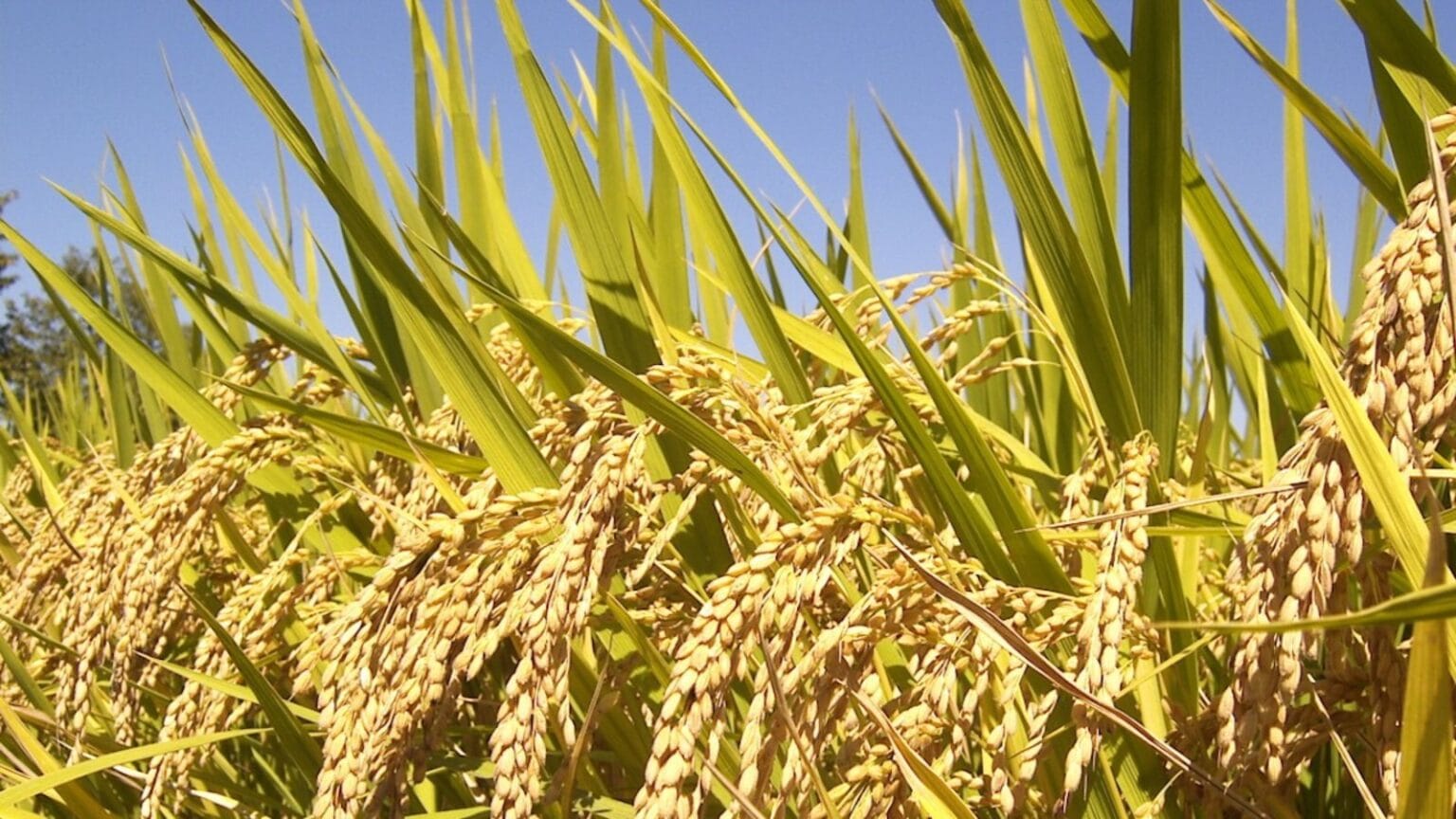Scientists have developed an innovative method based on the use of zinc oxide nanoparticles, capable of enhancing rice’s resistance to heat waves. This advancement promises to significantly improve agricultural yields and play a key role in global food security.
**An innovative treatment with nanoparticles**
Long used as a fertilizer, zinc oxide reveals new potentials when applied in the form of nanoparticles. These tiny particles penetrate directly into the leaves of plants, thereby stimulating their growth and tolerance to high temperatures.
Greenhouse trials on rice seedlings subjected to a temperature of 37 °C have revealed spectacular results:
– **Improved yield**: +22.1% compared to untreated plants.
– **Increased nutritional richness**.
– **Enhanced resistance to extreme temperatures**.
**A step towards global food security**
Rice, a staple food for more than 50% of the world’s population, is particularly vulnerable to climate change. This innovation could better protect this crucial resource, thus reducing losses due to extreme weather conditions.
**Towards a sustainable future**
Beyond its immediate benefits, this technology highlights the urgency of reducing factors contributing to climate change, particularly the use of fossil fuels. Adopting more plant-based and sustainable eating habits could also play a significant role in combating carbon emissions.
**Questions for the future**
Could the use of zinc oxide nanoparticles be extended to other crops? And how can we ensure widespread adoption of these techniques while minimizing environmental impacts?
This scientific advancement opens new perspectives for agriculture in the face of climate challenges, and its deployment could redefine cultivation methods in a changing world.


